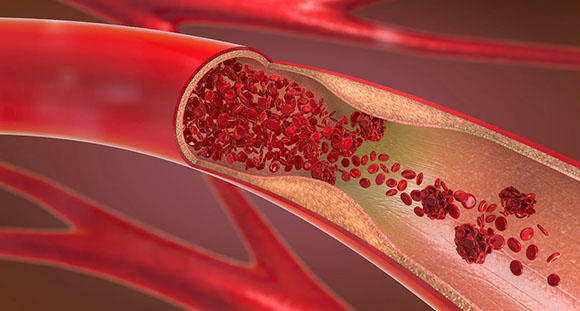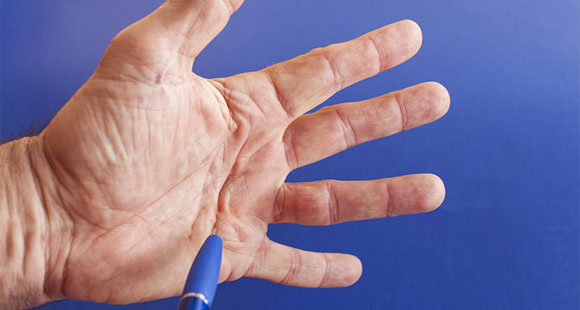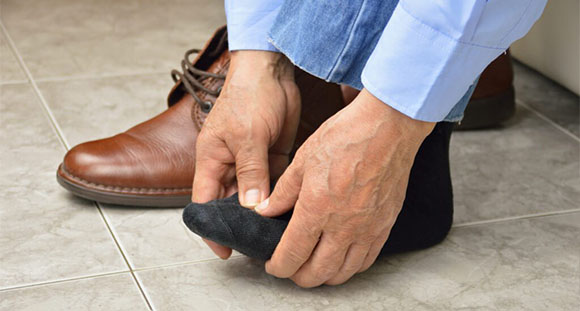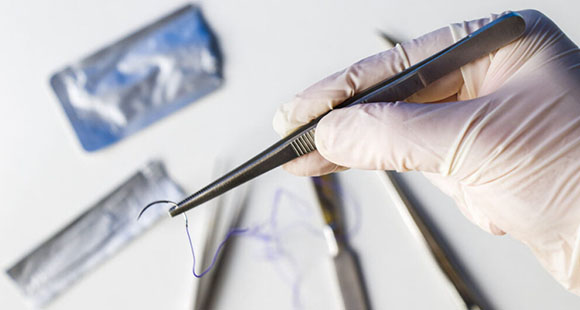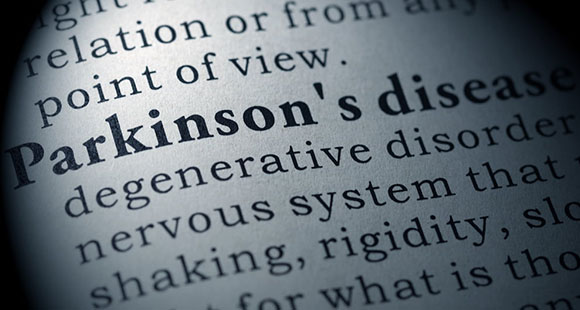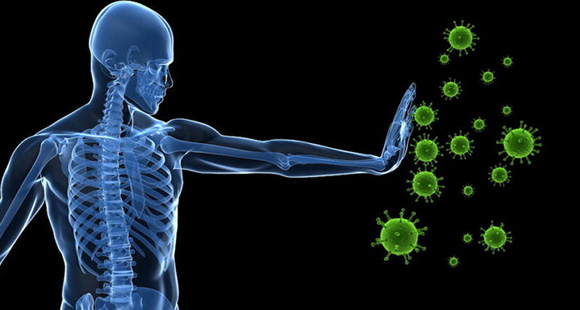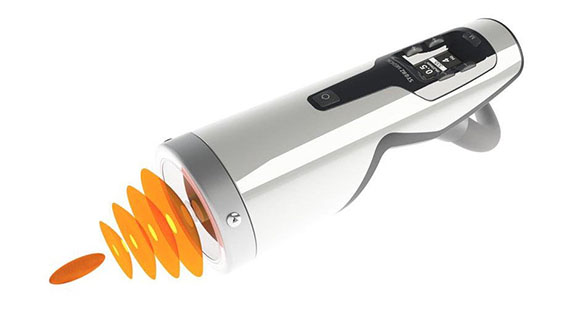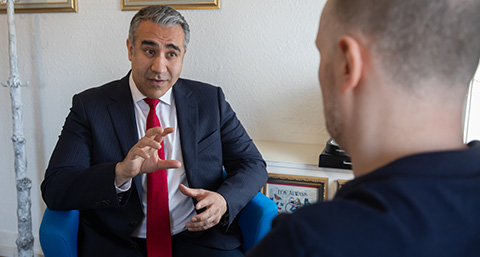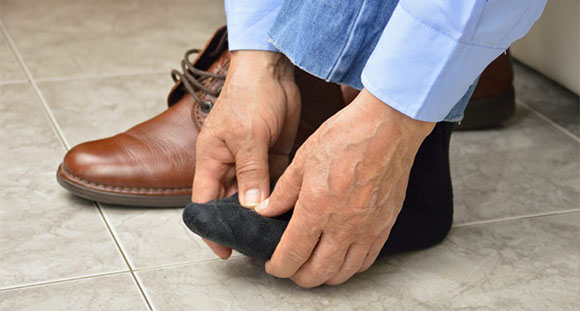
Erectile Dysfunction
and Diabetes
Erectile dysfunction (ED) is a common issue among men with type 1 or type 2 diabetes. Research indicates that men with diabetes may have a significantly higher likelihood of developing ED compared to those without diabetes.
This increased risk is associated with the effects of elevated blood sugar levels on nerves and blood vessels, both of which play essential roles in maintaining healthy erectile function.
New clinical technologies, such as Focused Shockwave Therapy (FSWT), Electro-Magnetic Transduction Therapy (EMTT), NanoVi, and the Tesla Chair, offer promising options for supporting erectile health in diabetic patients.
Find out more how MansMatters can help you.
Contact us for a complimentary 20-minute consultation with our men's health specialists.
Arrange a Free Telephone Consultation
Book a Treatment or Diagnosis
Receive More Information
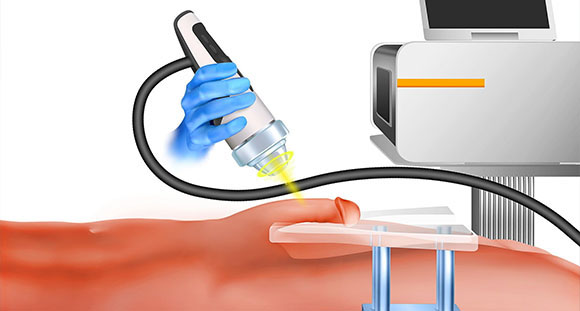
Age and Diabetes Duration's Impact on ED
The likelihood of experiencing erectile difficulties tends to increase with both age and the duration of diabetes.
For men over the age of 50, studies suggest that a significant percentage of those with diabetes experience ED, with this percentage rising substantially among men over 70.

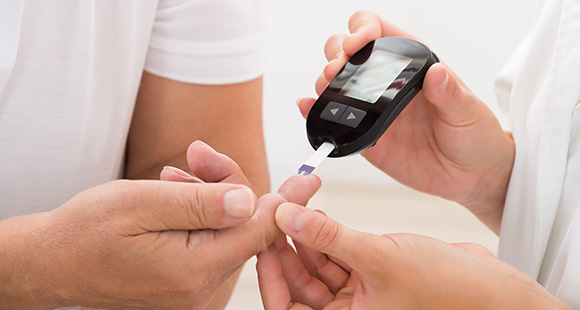
Various Forms of ED in Diabetic Patients
These are some of the challenges with erectile function that diabetic patients may experience.
- Neurological Issues: Diabetes can lead to nerve damage throughout the body, including the nerves involved in erectile function. This nerve damage may interfere with the brain's ability to send signals that support healthy blood flow, which is essential for achieving and maintaining an erection.
- Blood Vessel Complications: Elevated blood sugar levels can impact blood vessels throughout the body, including those supplying blood to the penile area. This vascular impact may lead to reduced blood flow, contributing to challenges with achieving and maintaining an erection.
- .Hormonal Imbalances: Diabetes may lead to hormonal changes that can contribute to erectile difficulties. For instance, some men with diabetes may experience lower levels of testosterone, a hormone important for healthy sexual function.
- Psychological Factors: Managing diabetes can be challenging, and the associated stress may contribute to erectile difficulties. Additionally, diabetes can increase the risk of depression and anxiety, which can further impact erectile function
- Medication Side Effects: "Some medications used in diabetes management may contribute to erectile difficulties. For example, certain blood pressure medications can sometimes have this side effect

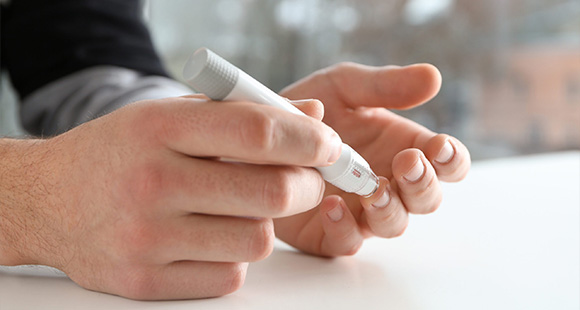
Several effective strategies are available to help manage erectile difficulties in diabetic patients:"
- Blood Sugar Management: "The first step in managing erectile difficulties involves maintaining optimal blood sugar levels to reduce the risk of nerve and blood vessel damage. Lifestyle changes, such as regular exercise, a balanced diet, and smoking cessation, can also support improved erectile health.
- Oral Medications: "Oral medications, sometimes referred to as ED pills, can be effective for managing ED in diabetic patients by promoting blood flow to the penile area. However, these medications may have side effects, including headache (7–30%), facial flushing (up to 25%), indigestion or heartburn (up to 15%), nasal congestion (up to 10%), and visual disturbances (up to 10%).
- .Injection Therapy and Penile Implants: "For more severe cases, injection therapy, which involves injecting medication directly into the penile tissue to support blood flow, or penile implants, which are surgically implanted devices designed to aid in achieving an erection, may be considered as treatment options.


ED in Type 1 & Type 2 Diabetic Patients
Diabetes exists in two principal forms, type 1 and type 2, each with its unique characteristics:
Type 1 Diabetes
This autoimmune condition commences in childhood or early adulthood, with the body attacking and eradicating insulin-producing cells in the pancreas.
Type 2 Diabetes
Often associated with obesity and lifestyle factors, type 2 diabetes is characterised by insulin resistance or insufficient insulin production and is typically diagnosed in adults.
Research indicates that both type 1 and type 2 diabetic patients have an increased risk of experiencing erectile difficulties compared to non-diabetic individuals. However, the severity of ED may vary, with some studies suggesting that men with type 1 diabetes are more likely to encounter severe ED than those with type 2 diabetes.
One study found a higher prevalence of severe ED among men with type 1 diabetes, even with similar blood sugar control. Researchers suggest this may be due to the longer duration of diabetes in type 1 patients, which can increase the risk of nerve and blood vessel damage over time. Additionally, men with type 1 diabetes may experience ED at a younger age due to the earlier onset and extended duration of diabetes-related complications.
In summary, while both type 1 and type 2 diabetic patients face a higher likelihood of ED, there are differences in terms of severity and age of onset. It is essential for individuals with diabetes to work closely with healthcare providers to manage blood sugar levels and adopt a healthy lifestyle to reduce the risk of complications, including ED


Strategies to Support Erectile Function in Men with Diabetes
For diabetic patients seeking to support erectile function, careful blood sugar management is crucial. A qualified healthcare provider can help design a personalised dietary plan tailored to individual needs.
Generally, maintaining healthy blood sugar levels involves regular physical activity, a low-carb, fibre-rich diet, adequate hydration, smoking cessation, and moderating alcohol intake.
While blood sugar control is essential, it's important to recognise that if nerve and blood vessel damage has become advanced due to prolonged diabetes, managing blood sugar alone may not fully restore erectile function. In such cases, additional ED treatments may be considered to help improve erectile health

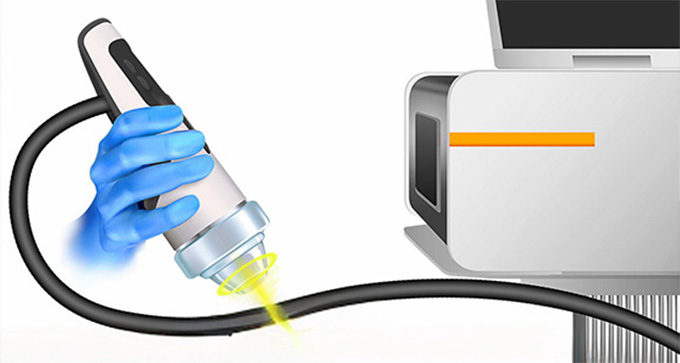
Using Focused Shockwave Therapy to Treat ED
Achieving an erection requires healthy blood vessels, nerves, male hormones, and a desire for sexual stimulation. Focused Shockwave Therapy (FSWT) is designed to support blood flow to the penile area by directing focused shockwaves to key muscle groups, including those in the pelvic floor and perineal areas, as well as the shaft of the penis. This approach aims to enhance blood circulation, which may benefit diabetic men experiencing erectile difficulties.
The potential benefits include improved ability to achieve spontaneous erections and enhanced sexual health
Find out more how MansMatters can help you.
Contact us for a complementary 20-minute consultation with our men's health specialists.
Arrange a Free Telephone Consultation
Book a Treatment or Diagnosis
Receive More Information
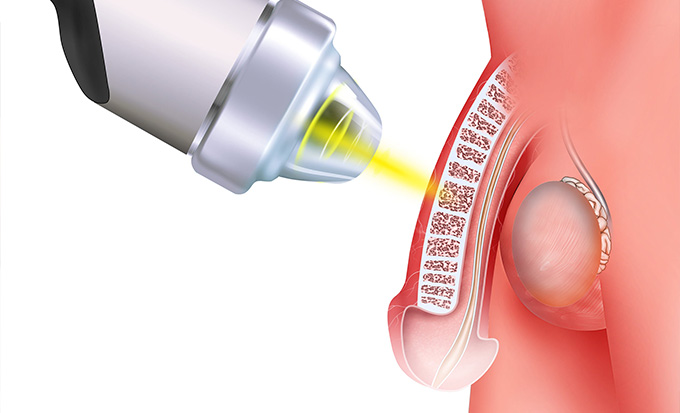
Treatment Experience
One of the key advantages of Focused Shockwave Therapy (FSWT) is its relatively pain-free and non-invasive nature. Patients may feel mild tingling sensations during treatment, but the procedure is brief and has shown long-term benefits. Numerous published studies highlight positive outcomes, particularly for men with diabetes, where FSWT has demonstrated notable efficacy.
A 2021 study in The Journal of Sexual Medicine investigated the effects of Extracorporeal Shockwave Therapy (ESWT) for erectile difficulties in diabetic patients. The study concluded that ESWT was safe and effective for treating ED in specific diabetic subgroups, including those with and without prior responsiveness to PDE5 inhibitors.
Additionally, research published in the Asian Journal of Andrology in 2020 reported benefits of combining FSWT with daily use of PDE5 inhibitors for men with Type 2 diabetes and ED. This combined approach led to significant improvements in International Index of Erectile Function (IIEF-5) scores and treatment durability compared to PDE5 inhibitors alone.
Our own findings and experience in treating men with erectile difficulties and diabetes align closely with these clinical outcomes.
 ?
?
Medical illustration showing shockwave therapy being applied to the penile shaft to support blood flow in the penis.

Advanced Technology
At our clinic, we utilise advanced Swiss-engineered technology in shockwave systems. The STORZ DUOLITH® SD1 is among the leading shockwave therapy devices, designed to provide precise, ultra-focused shockwave therapy.
This device offers a different approach from the radial shockwave methods used by many other clinics and represents a highly advanced option in its field.
Complementary Non-Invasive Therapies
In addition to FSWT, we use complementary non-invasive therapies to enhance the treatment of ED.
Extracorporeal Magnetotransduction Therapy (EMTT)
EMTT therapy harnesses powerful magnetic fields within endothelial cells of blood vessels. This approach enhances endothelial function, increases blood flow in penile tissues, and accelerates the body's recovery process. Precise frequency and power level adjustments are tailored to individual conditions, ensuring optimal outcomes.
Functional Magnetic Stimulation (FMS)
FMS is a non-invasive treatment modality leveraging high-intensity electromagnetic fields to stimulate nerves in the pelvic area. This stimulation improves blood flow to the penis, addressing two key factors contributing to ED in diabetic patients: neuropathy and endothelial dysfunction.
Neuropathy
A common diabetic complication that interferes with nerve function in the penis. FMS stimulates pelvic nerves, promoting nerve regeneration and potentially enhancing erectile function for those with neuropathy-related ED.
Endothelial Dysfunction
A prevalent diabetes-related issue that hinders blood flow to the penis. FMS triggers the release of nitric oxide, a vasodilatory substance that relaxes blood vessels, thereby improving blood flow. This effect facilitates penile blood flow and aids in achieving erections.
Additionally, FMS may foster other beneficial outcomes for erectile function, such as promoting the growth of new blood vessels and enhancing smooth muscle tissue health within the penis.
Notably, a study published in the Minia Journal of Medical Research explored the use of Functional Magnetic Stimulation in the Treatment of Erectile Dysfunction. It concluded that FMS activated the cavernous nerve even among diabetic men.
FAQ's About Erectile Dysfunction in People Suffering with Diabetes
What causes ED in people with diabetes?
ED in people with diabetes is usually caused by damage to nerves and blood vessels, which can occur over time due to high blood sugar levels.
How common is ED in people with diabetes?
ED is more common in people with diabetes than in the general population. Studies have shown that over 50% of men with diabetes experience some degree of ED.
Can ED be prevented in people with diabetes?
Preventing ED in people with diabetes involves managing blood sugar levels, controlling blood pressure and cholesterol, maintaining a healthy weight, and avoiding smoking and excessive alcohol consumption.
Is Diabetes-induced ED reversible?
If blood sugar levels get out of control, then it can induce ED in men. However, by maintaining a healthy lifestyle and controlling blood sugar levels, men can reverse the ED and regain healthy erectile function. But if prolonged diabetes causes permanent damage in nerves and blood vessels, then patients will need to undergo ED treatments to obtain strong and spontaneous erections yet again.
Is Diabetes-induced ED permanent?
If blood sugar levels stay out of control for an extensive period of time, then the risk of permanent damage to the nerves and blood vessels increases. This can induce permanent ED in male patients. With that said, treating ED is not impossible.
Can shockwave therapy or other non-invasive treatments be used to treat ED in people with diabetes?
Yes, shockwave therapy and other non-invasive treatments, such as functional magnetic stimulation and electromagnetic transduction therapy, have been shown to be effective in improving erectile function in men with diabetes.
What are the treatment options for ED in people with diabetes?
Treatment options for ED in people with diabetes include medications such as ‘little blue pills’, (these may not work for everyone, and they can have side effects) vacuum devices, penile injections, and penile implants. Nowadays, the treatment options have expanded to include Focused Shockwave Therapy and associated new clinical techniques. Lifestyle changes, such as regular exercise and a healthy diet, can also help improve erectile function.
How do you treat Diabetes induced ED patients?
Our ED treatments are extremely effective in treating various types of ED, even diabetes induced ED. The treatments we provide are completely non-invasive and pose no major side-effects whatsoever. Our treatment protocol for ED and other male sexual issues consists of shockwave therapy, Extracorporeal MagnetoTransduction Therapy, NanoVi, and Tesla Chair. These treatment technologies target the root cause of diabetes induced ED, such as blood vessel damage and nerve damage, and enable improved blood flow in the penile tissues which provide long term effectiveness.
Knightsbridge
Richmond
Related Medical Conditions
Lifestyle
Men's Health
Erectile Dysfunction & Other Conditions
Useful Links
MansMatters is a Division of:

Privacy Policy | Terms & Conditions

